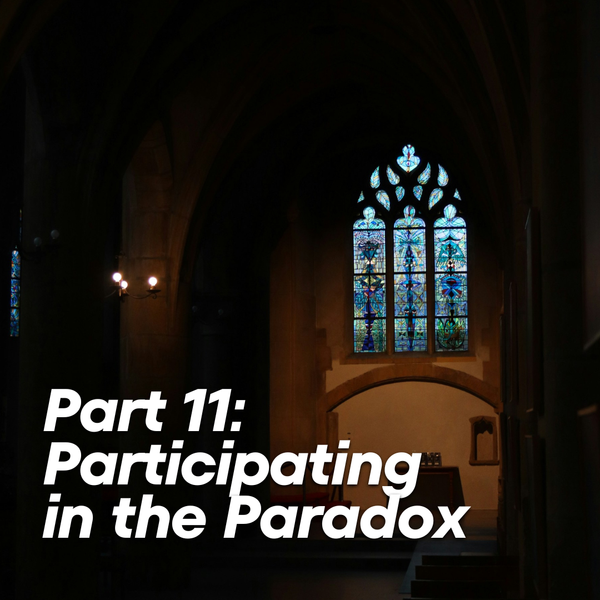Part 6: Foreign and Familiar

You do not need to know precisely what is happening, or exactly where it is all going. What you need is to recognize the possibilities and challenges offered by the present moment, and to embrace them with courage, faith and hope.
― Thomas Merton
If we are open only to discoveries which will accord with what we know already, we may as well stay shut.
— Alan Watts





